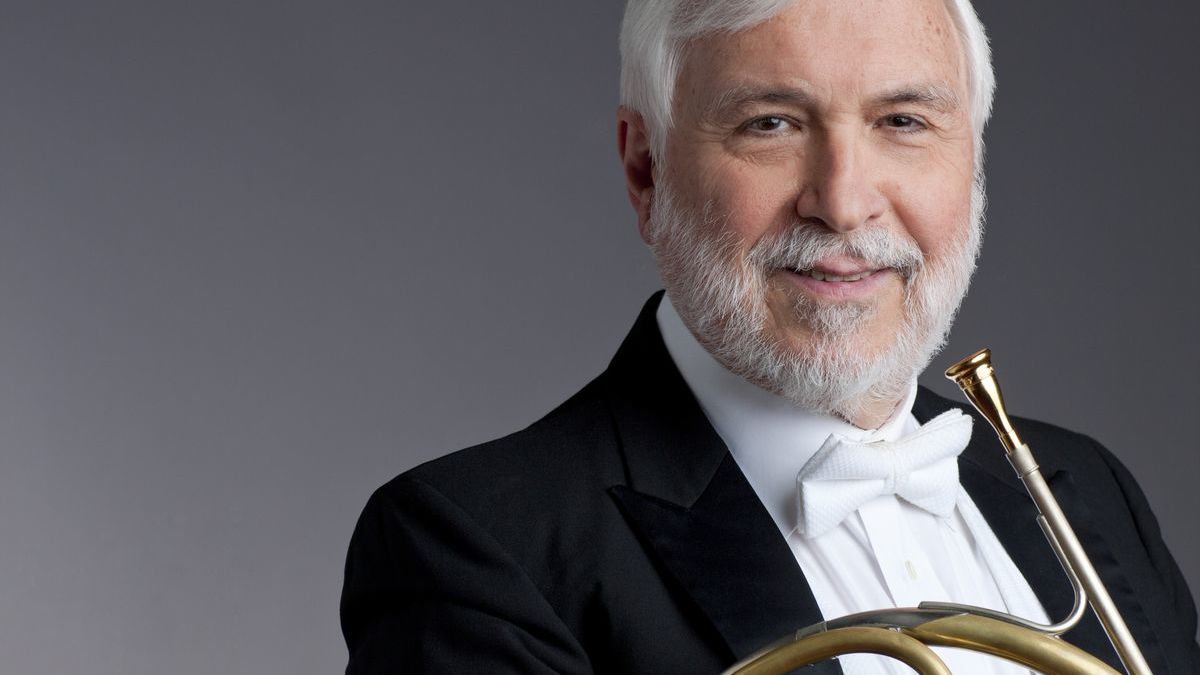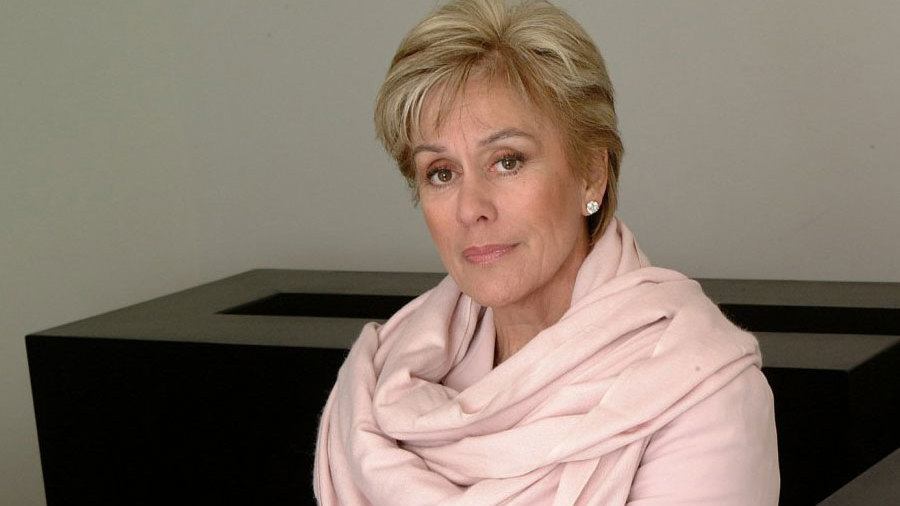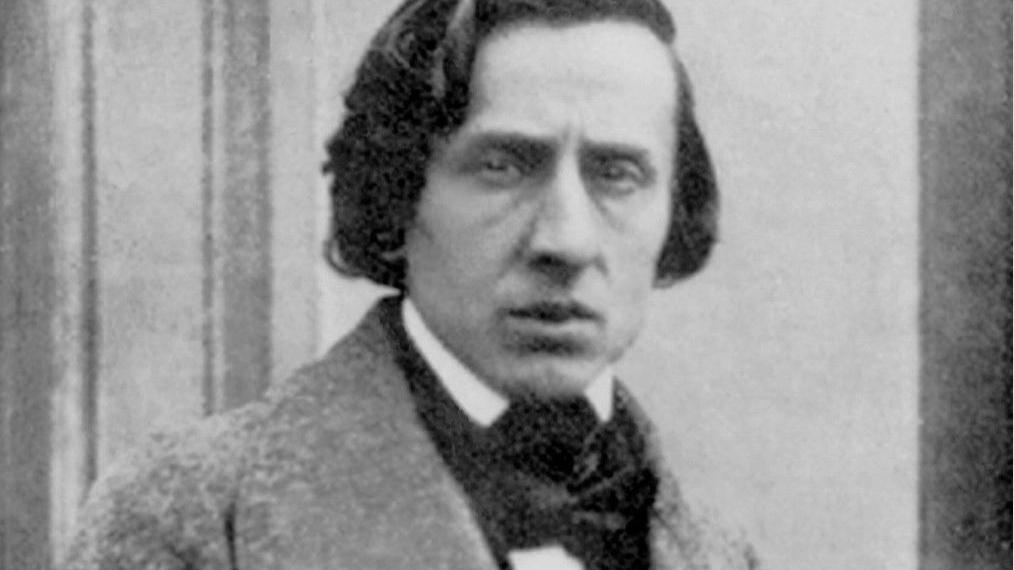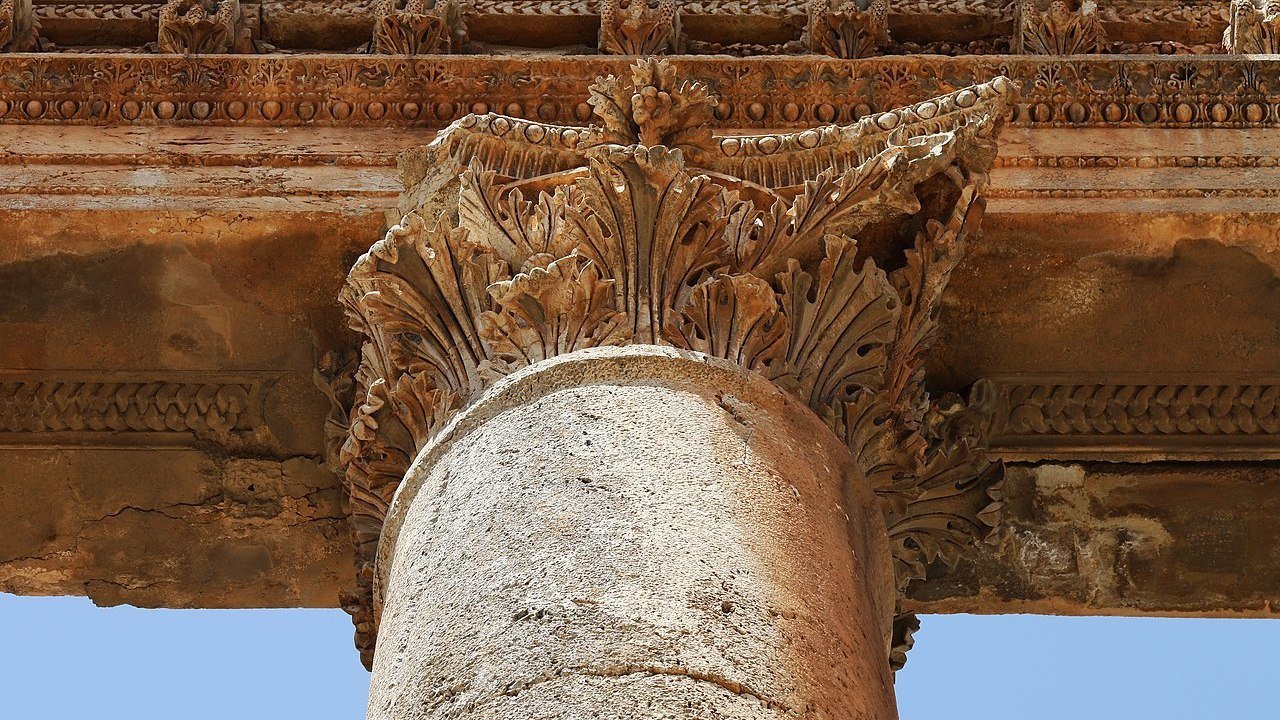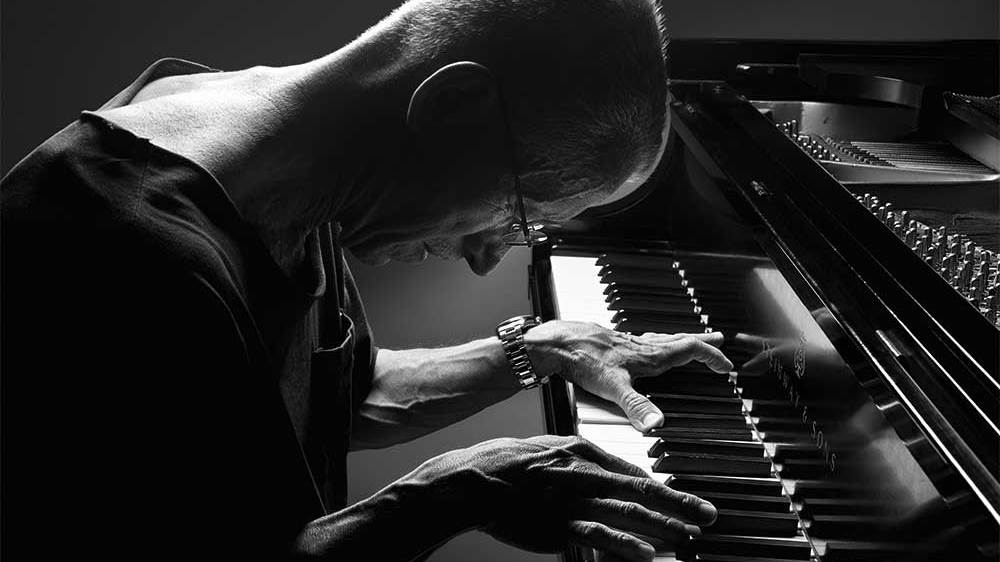Bach’s Triple Concerto in A Minor, BWV 1044: The Art of Recycling
J.S. Bach constructed the Concerto for Flute, Violin, and Harpsichord, BWV 1044 out of used parts. The outer movements were adapted from the Prelude and Fugue in A minor for solo harpsichord, BWV 894. The second movement was based on the Adagio e dolce from the Trio Sonata for Organ in D minor, BWV 527. It is likely that these two works developed from early pieces by Bach that have been lost. All of …


